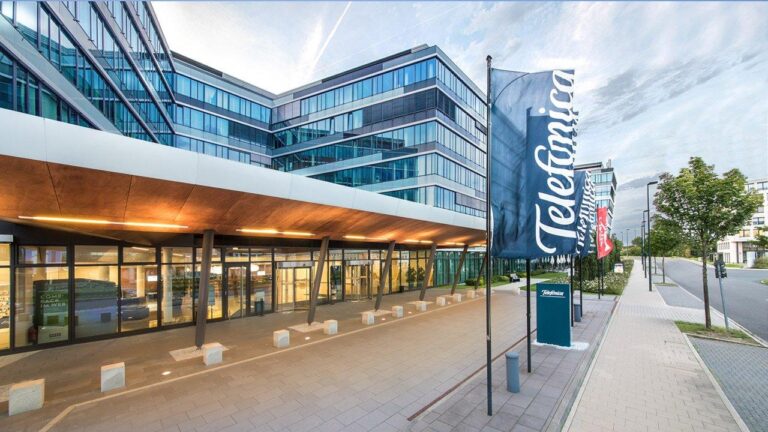TelefĂłnica has announced the removal of Huawei’s 5G equipment from its networks in Spain and Germany, signaling a strategic shift amid growing geopolitical pressures and security concerns in Europe. However, the Spanish telecommunications giant will continue to utilize Huawei’s technology in Brazil, highlighting a nuanced approach to its global operations. The decision reflects the complex landscape of 5G infrastructure deployment as regulators and operators balance technological advancement with national security considerations, according to a Reuters report.
Telefonica Phases Out Huawei 5G Equipment in Europe Amid Security Concerns
Telefonica has initiated a strategic withdrawal of Huawei’s 5G infrastructure from its European networks, specifically targeting operations in Spain and Germany. This decisive move comes amid mounting political pressure and persistent security concerns related to Huawei’s ties with the Chinese government. While the operator accelerates the replacement of Huawei gear with European and American alternatives, it emphasizes the continued use of Huawei technology in Brazil, where regulatory environments and partnership dynamics differ significantly.
Key factors influencing Telefonica’s approach include:
- Regulatory scrutiny: Heightened EU and national government mandates to reduce reliance on vendors viewed as potential security risks.
- Network resilience: Upgrading to multi-vendor networks to enhance stability and reduce geopolitical vulnerability.
- Market-specific strategies: A tailored approach allowing continued Huawei collaboration where risks are assessed as lower, such as in Latin America.
| Country | Huawei 5G Status | Replacement Strategy |
|---|---|---|
| Spain | Phasing out | Switch to Ericsson & Nokia |
| Germany | Phasing out | Embrace multi-vendor approach |
| Brazil | Ongoing use | Maintain current Huawei contracts |
Strategic Retention of Huawei Gear in Brazil Highlights Regional Market Differences
Telefonica’s decision to remove Huawei’s 5G equipment from its networks in Spain and Germany contrasts sharply with its approach in Brazil, underscoring the nuanced regional dynamics that influence telecom infrastructure strategies. While European nations ramp up scrutiny over Huawei’s ties to Beijing, prompting cautious de-risking by major carriers, Latin American markets like Brazil maintain a more pragmatic stance, emphasizing network expansion and cost-efficiency. This strategic retention highlights how geopolitical tensions intertwine with domestic policy priorities and market competition in shaping vendor choices.
Market experts point to several factors underpinning Telefonica’s differentiated approach:
- Regulatory Environment: European regulations increasingly restrict Huawei due to security concerns, a trend less pronounced in Brazil.
- Infrastructure Investment: Brazil’s growing 5G rollout requires rapid deployment solutions where Huawei’s offerings remain competitively attractive.
- Supply Chain Considerations: Existing Huawei equipment in Brazil’s network simplifies maintenance and interoperability, avoiding costly vendor swaps.
| Region | Huawei 5G Status | Primary Driver | ||||||||||||||
|---|---|---|---|---|---|---|---|---|---|---|---|---|---|---|---|---|
| Spain | Phased out | Security & regulatory pressure | ||||||||||||||
| Germany | Phased out | Government restrictions | ||||||||||||||
| Industry Experts Recommend Diversifying 5G Suppliers to Mitigate Geopolitical Risks
As global tensions continue to influence telecommunications infrastructure decisions, industry leaders emphasize the importance of a multi-vendor approach. Relying solely on a single 5G equipment supplier exposes operators to supply chain disruptions, regulatory crackdowns, and elevated cybersecurity concerns. By broadening their supplier base, companies can not only navigate geopolitical pressures more effectively but also foster competitive innovation and pricing, which benefits end-users in the long term. Key advantages of diversifying 5G suppliers include:
The ConclusionAs TelefĂłnica moves forward with its decision to phase out Huawei’s 5G equipment in Spain and Germany while maintaining its use in Brazil, the move highlights the complex geopolitical and regulatory landscape shaping the global rollout of next-generation networks. Industry watchers will be closely monitoring how this selective approach impacts the company’s operations and competitive positioning in key markets. |




